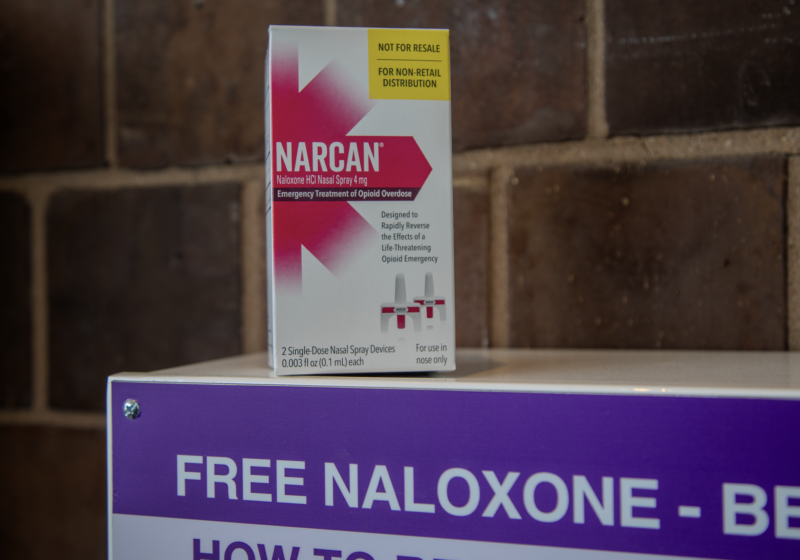How happy are you to be in Rochester? According to a two- year-old ranking that recently resurfaced on social media, Rochesterians have good reason to be glad they live here. In an article published in April 2014 by Credit Donkey, a “credit card comparison and financial education” website, Rochester was called the happiest city for workers. The article compares the unemployment rate, average annual salary, and other data from various metropolitan areas to arrive at the rankings for the happiest American cities.
Looking at the report, the math behind the rankings is a little hard to follow. The article lists unemployment rate as the first criterion, linking low unemployment to higher levels of happiness. Next, Credit Donkey took the average commute time (from U.S. Census data) and factored this into the ranking at double the weight of the unemployment data. “Few things are worse than sitting in traffic for two hours every day,” Credit Donkey reasons.
The next criteria for a city’s happiness were per capita annual income and what Credit Donkey calls their “Frustration Index”—the likelihood that the copiers or computers in your office are frustrating to work with. From the Bureau of Labor Statistics, Credit Donkey looked at data on the number of office machine repair workers in the cities. “The more repairers per 10,000 residents,” Credit Donkey explains, “the higher the presence of poorly functioning office equipment.” “Frustration Index” for each city was weighted at 50%, so it’s less of an influence on the happiness ranking.
The final thing Credit Donkey considers in their ranking is the probability of having a nice boss. “That’s hard to measure,” the article admits, but Credit Donkey found a metric for it. They use data from the Equal Employment Opportunity Commission (EEOC), the federal office in charge of monitoring and enforcing employment discrimination laws. To estimate the average niceness of a city’s employers, Credit Donkey used the number of EEOC complaints per capita.
After the calculations, Rochester ends up coming in first place on the list, ahead of Buffalo, New York; Hartford, Connecticut; Minneapolis, Minnesota; and Salt Lake City, Utah. Looking at the data for the top ten cities, this appears to be largely because of the double-weighted commute time statistic—in every other category, Rochester was middle-ranked or worse. Rochester had the second-highest “Frustration Index” of the top ten cities, the fourth-highest amount of complaints to the EEOC, and the fourth-highest unemployment. Credit Donkey cites Rochester’s unemployment at 6.1 percent in April 2014, compared to a national unemployment rate of 6.2 percent in that same month. However, Rochester and Buffalo were tied for the lowest average commute times, at 20.9 minutes, pushing them to the top two spots.
“The number crunchers at CreditDonkey looked into the world of academics to see what the latest research says drives happiness,” Credit Donkey founder Charles Tran said in an email. He emphasized the weight placed on commute time, pointing out that “sitting in traffic is a horrible way to start your morning.”
In another article, from Oct 2014, Credit Donkey ranked the top ten happiest cities in New York state. The October report used different criteria, incuding the number of restaurants per capita, the violent crime rate, the percentage of income spent on housing, and the percentage of residents who are divorced. Commute time and annual income were still factored into the ranking, as well as the percentage of residents who wake up before 5 a.m. for work. Cities with more early risers were rated as being happier, in Credit Donkey’s report, on the grounds that “studies have linked getting up early to higher levels of personal and professional satisfaction.” Neither Rochester nor Buffalo were ranked in the top ten in the Oct article, with the top spot instead going to Saratoga Springs.
The April Credit Donkey article summed up Rochester’s first-place ranking as a product of short commute time and relatively low unemployment, compared to other cities around the country. There was also one more factor, not counted among the quantifiable data, the article adds. “And then there are the hots,” i.e. Rochester’s signature red and/or white hot dogs, the article concludes. “You haven’t lived until you’ve had one.”




